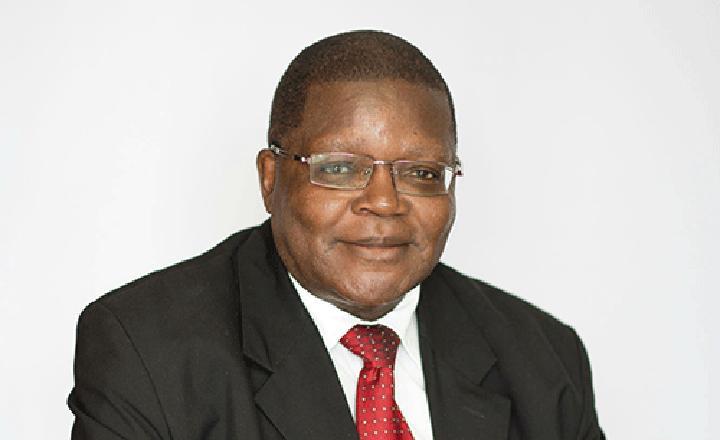PROF JAIROS KANGIRA
Africa-Press – Namibia. .
So you have decided to embark on the highest academic journey, the doctoral journey? You have either registered for your doctorate, or doctor of philosophy, PhD (whatever other name it is called, as long as it is a doctorate), or you are at proposal stage or data-collection stage of your study. You want people to call you Dr So-and-So after completing your study. Please, don’t adopt the folly of addressing yourself as Dr before you graduate. Some students did so soon after registering for their studies, which they never completed. It is also unethical and improper to address yourself as Dr before you complete your studies and graduate.
If you fall into the above categories of students, or you are intending to register for your doctoral study in future, you are the right target of this article in which I highlight some of the challenges and the do’s and don’ts associated with the doctoral academic journey. I have had the opportunity of successfully supervising 17 PhD English students and several master’s students in English. I have also taught courses such as Scientific and Academic Writing for master’s and doctoral students, and assisted students in proposal writing. So, I am giving advice from first-hand experiences gathered over long years of working with hundreds of post-graduate students in Namibia and Eswatini.
When you decide to study for your doctoral degree, you must know exactly what you are getting yourself into. You must not just join the bandwagon – since some people are registering for PhD studies, you feel you cannot be left out. Since it is prestigious to be addressed as Dr (after graduation), you feel you must also register for the doctoral study at any cost.
Some of the critical issues to consider before embarking on this journey include your mental capacity in order to cope with the high level of thinking and analysis required; your ability to work independently, and not to demand supervisors to spoon-feed you; your ability to come up with a novel contribution or contribution to knowledge; and the benefit of your study to society (the significance of your study).
Also, do you have enough time to devote to the rigours of the doctoral journey, from start to completion?
In some doctoral degrees that comprise taught courses and a dissertation in partial fulfilment of the degrees, some students do well in the taught courses’ component, but get bogged down in the research component. They find it difficult to find a working topic, and if they do, proposal writing becomes another hurdle.
The problems of topic selection and proposal writing also affect some students who choose to do their doctorate studies by research. In both cases, going back to the basics will assist students. What I mean here is that students must revisit their subject areas of interest, and consult relevant literature to find gaps that need addressing. Narrowing the area of study, that is choosing a specific aspect of study, is highly advisable at doctoral level, rather than using an omnibus approach.
Students can also consult their professors who are specialists in the areas they have identified to conduct research on. But students must leave room for their own originality since they must come up with their own contribution in the final analysis, and not regurgitate or recycle their professors’ ideas.
Your doctoral journey can be rough and dumpy literally, because of issues that you have no control over as a student.
The administrative issues concerning when to get supervisors and when students have their topics and proposals approved have frustrated students in most cases.
I have witnessed many potential students dropping their studies because the enthusiasm they had at the beginning of their studies just fizzles out because of a system which frustrates them.
My research has revealed that it takes between three and six months on average for post-graduate students to be allocated supervisors, and to have their proposals approved by post-graduate committees. In some worst cases, it takes 12 months or more to have this process completed for the students to begin their research.
My advice to students is to take up their cases to relevant authorities, using the right channels provided by their institutions. I also advise students to start collecting relevant literature, even before the proposals have not been approved. As long as you have a topic, it is possible to review relevant literature in that area. You will then need to adjust your literature review when the proposal is finally approved. This is better than starting from scratch.
Institutions are advised to reduce this long period of supervisor allocation and proposal approval to two months to allow students to have enough time to embark on their research.
This will go a long way in boosting morale and confidence in students, leading to them completing their studies in the minimum period of three years.
Some more progressive institutions have abandoned this traditional practice of having committees approve proposals, leaving it to the student and the supervisor or supervisors. This system has produced better results, with more students graduating within the minimum period of study.
Source: neweralive
For More News And Analysis About Namibia Follow Africa-Press






